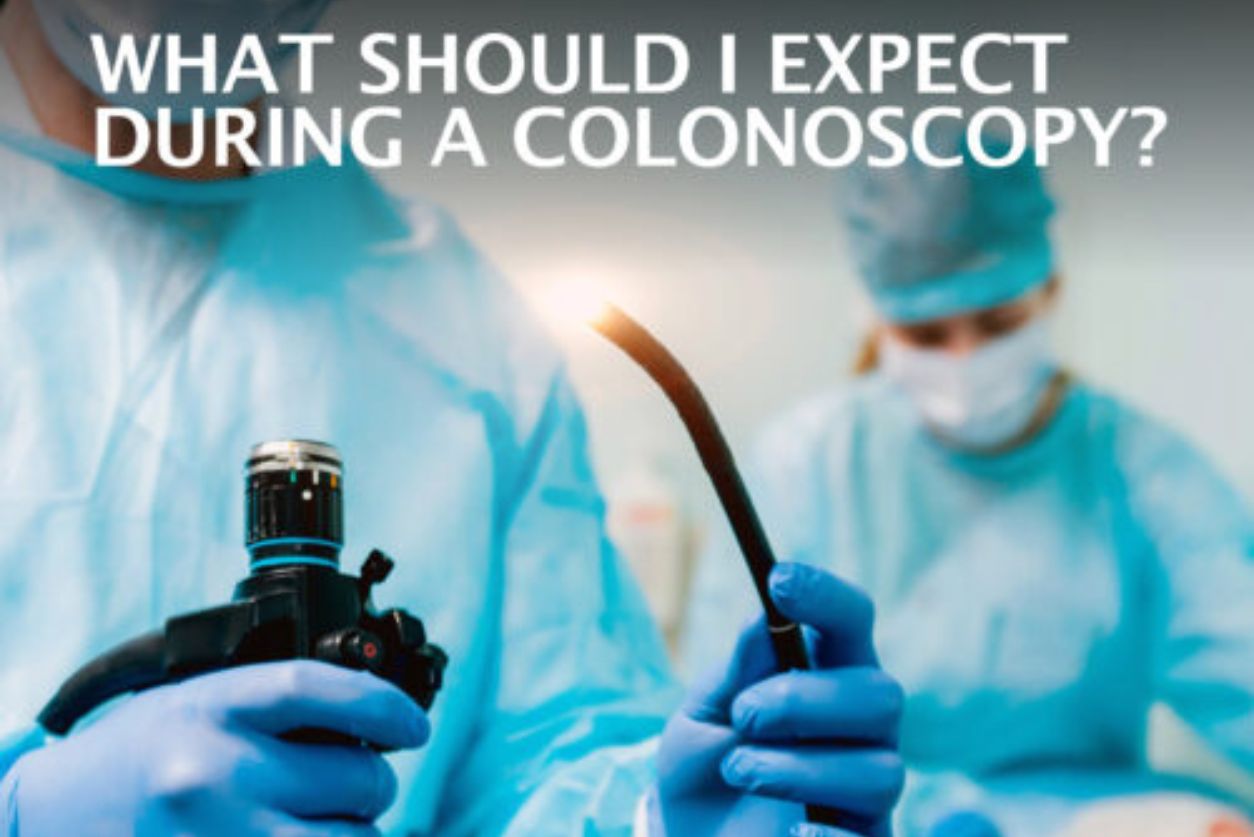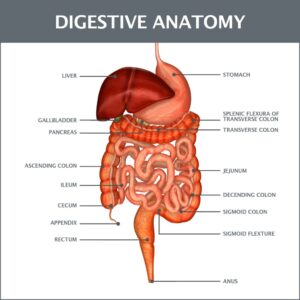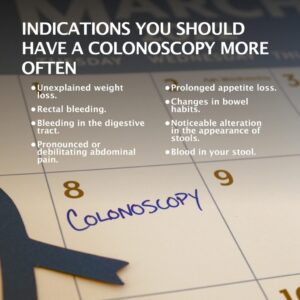
What Should I Expect During a Colonoscopy?
Without a properly functioning digestive system, your body would not be able to:
- Process the foods you consume.
- Absorb the nutrients it needs to execute crucial tasks.
- Eliminate potentially hazardous waste products.
One vital component of this network is your colon. A diseased colon can wreak havoc with your digestive capabilities. A colonoscopy can help identify problems and can help you address any issues before they become more serious.
Overview of the Colon
The large intestine (your colon) is a tube-like organ responsible for processing and eliminating waste.
Besides absorbing nutrients from the food and beverages you eat and drink, the body processes a significant degree of materials that need to be removed. For example, the colon helps create, store, and expel feces (stool).
The colon is quite large. The digestive tract feature is divided into six subcategories, which are the:
- Cecum.
- Ascending colon.
- Traverse colon.
- Descending colon.
- Sigmoid colon.
- Rectum.
The organ begins in the cecum and ends with the rectum.
Colonoscopy
A colonoscopy is a diagnostic test medical professionals use to examine the colon’s function and structure.
The Importance of Receiving Colonoscopies
Colonoscopies help doctors look inside your colon and identify potentially serious problems in their earliest stages. Colonoscopies can also help in complex cases that need a full view inside.
Some conditions include small but possibly significant growths called polyps (benign and malignant tumors), inflammatory bowel disorders (like Crohn’s disease and ulcerative colitis), or damage that might have happened after a significant event (like a car accident).
Who Should Receive a Colonoscopy?
Currently, it is recommended that everyone between 45 and 75 undergo this procedure at least once every five years. This recommendation is because colon cancer’s risk increases appreciably with age and often affects people leading up to that age range.
People with a family history of colon or rectal cancer or other colon-impacting illnesses should receive a colonoscopy over shorter intervals. Your doctor might suggest you undergo it if you are experiencing symptoms like:
- Unexplained weight loss.
- Rectal bleeding.
- Bleeding in the digestive tract.
- Blood in your stool.
- Pronounced or debilitating abdominal pain.
- Prolonged appetite loss.
- Changes in bowel habits.
- Noticeable alteration in the appearance of stools.
The internal images produced during these tests can detect cancer and other abnormalities at the beginning stages when treatment is often the most successful. It is important to stress that colon cancer advances gradually and does not produce symptoms until the disease has progressed either moderately or significantly. Early diagnosis could save your life.
Preparation
In advance of the screening, you will be required to take a few preparatory steps.
Your colon will need to be as empty as possible to receive the best results. In the time before the screening, your doctor will need you to follow a diet consisting of limited amounts of fiber and no solid foods.
You will be expected to clear your colon of any existing stool. A liquid laxative product designed to clear your colon quickly is used. Typically, you will be asked to take this medication the day before the screening.
Your physician will give you complete and specific instructions.
The Procedure
The test is usually performed inside a hospital or outpatient clinic. During the process’s initial stage, sedatives and pain-suppressing drugs will be administered through a vein in your arm. This process will make you tired and numb while the diagnostic process is carried out.
Once you are sufficiently sedated, you will be asked to lie on an examining table. From there, the physician will insert a colonoscope (long tube-like, camera-equipped tool) into your anus, through your rectum, and upwards into your colon.
Your doctor might move you several times so they can see from different angles. As the process continues, they will carefully examine the images. If any abnormalities are found, your doctor might perform a biopsy (a tiny part of colon tissue is extracted for laboratory examination).
The Recovery Process
The procedure typically lasts anywhere from a half to a full hour. Recovery begins immediately after the colonoscope is removed.
You should expect to remain in the facility the test was administered for a couple to several hours to allow the sedation drugs to taper off. You should not be alarmed if you feel abdominal cramping or pressure in the hours immediately following the procedure.
Typically, you should fully recover and be able to return to a regular diet within 24 hours. In most cases, your doctor can discuss the results right away. However, lab results may take several days if you had a biopsy.
Possible Complications
Though serious complications are rare, they can occur. Potential concerns include colon perforation, excessive bleeding, lingering pain, and severe reactions to sedatives or pain-suppressing drugs.
Contact Us
If you are between the ages of 45 and 75, have a family history of colon illnesses, or are just concerned about your health, please contact us to schedule a colonoscopy. Our practice began more than 15 years ago and has emerged as one of the leading gastroenterology practices in central Florida. We perform a host of diagnostic procedures using state-of-the-art equipment in a friendly, comfortable, and inviting atmosphere where patient care is always a top priority. Contact us today!

